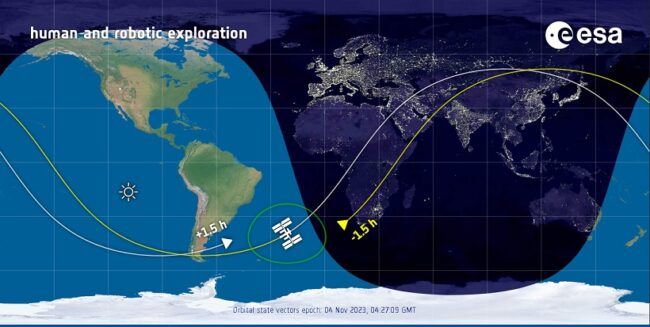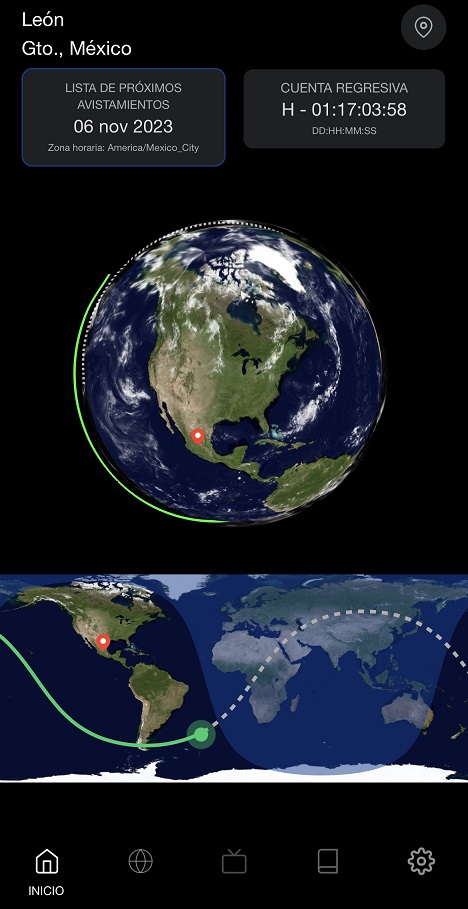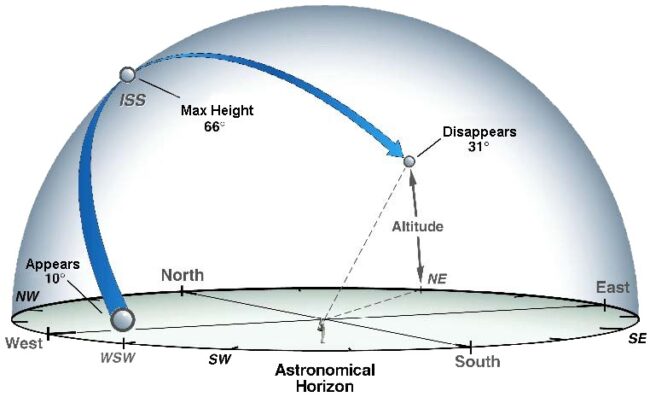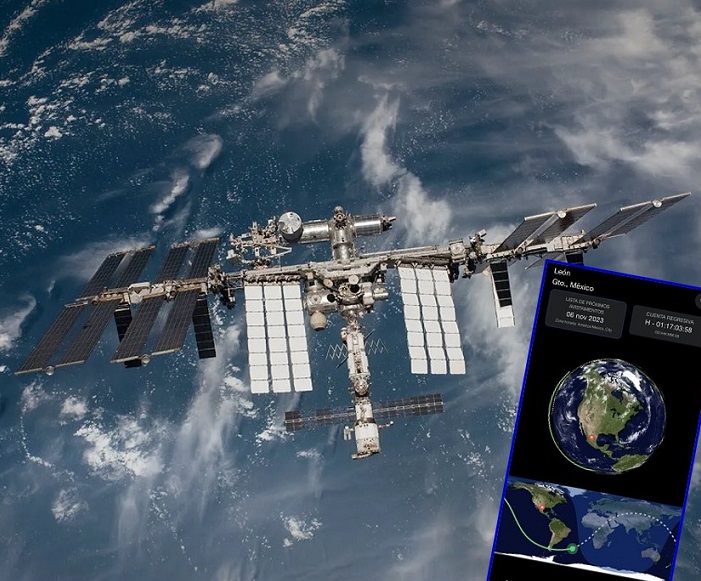NASA is making it easier for the public to spot the International Space Station, humanity’s home in space, as it passes over Earth and expanding acce
NASA is making it easier for the public to spot the International Space Station, humanity’s home in space, as it passes over Earth and expanding access to news and resources about the microgravity laboratory with a new Spot the Station mobile app, reported NASA.
The mobile app is available to download now on iOS and Android.

The app builds on the agency’s Spot the Station website by providing additional capabilities and information to enhance the station sighting experience for the public. An augmented reality interface makes it easier for users to locate the station and provides options for capturing and sharing pictures and videos of their sightings in real-time, reports NASA.
With the power of augmented reality, the app’s built-in compass will show you where the space station is, even if you’re on the other side of the globe. Users also can sign up for mobile notifications of upcoming viewing opportunities based on their exact location.

“Even after 23 years of continuous human presence aboard the International Space Station, it’s incredibly exciting to see the station when you look up at just the right moment,” said Robyn Gatens, International Space Station director at NASA Headquarters in Washington. “The orbiting laboratory that continues to provide so many unique, tangible benefits for humanity really isn’t that far out of reach”.

The space station is visible because it reflects the light of the Sun, the same reason we can see the Moon. Unlike the Moon, the space station isn’t bright enough to see during the day. It can only be seen when it is dawn or dusk at your location, reports NASA.

As such, it can range from one sighting opportunity a month to several a week, since it has to be both dark where you are, and the space station has to happen to be going overhead. With the Spot the Station mobile app, users will know when the station is overhead and how to locate it.
The app’s code is open source for anyone to access, modify, and use in their own projects and to provide optional feedback to the developers. NASA will continue to update and improve the mobile application on a rolling basis as it receives feedback from users.

The station serves as the world’s leading laboratory for cutting-edge research and technology development that supports human and robotic exploration of destinations beyond low Earth orbit, including the Moon and Mars, as reported by NASA.
All Credit To: NASA.gov



COMMENTS